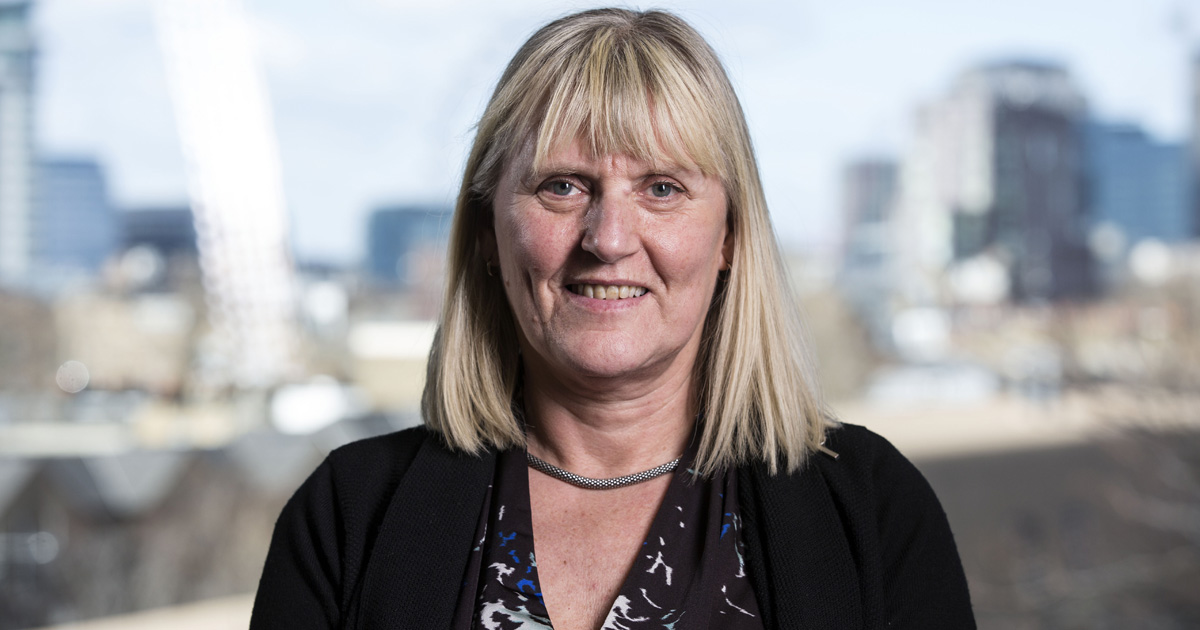As the CEO of the NHS Counter Fraud Authority, my focus is on saving money for the NHS. It is that simple. Fraud is an insidious and despicable crime that diverts much needed funds away from where they are required to provide patient care. Everyone who values the NHS should be concerned about this and engaged in the work needed to fight against fraud.
We know that there are financial challenges for the NHS and across the public sector and in order to make sure that money available for healthcare is not lost, diverted or stolen we need to take the threat of fraud seriously.
So, what are the challenges:
- Fraud is a hidden crime. Fraudsters hide what they do and can be ruthless and clever in their manipulation of systems and people. To fight it, you have to find it.
- Fraudsters are always going to look for the weakness in systems. They will spend time and effort looking for vulnerabilities, and when they find one, they will try to exploit it and then cover their tracks.
- A fraudster only has to be successful once to make money. Those who are responsible for keeping the NHS protected from fraud - whether at a central, local, or individual level - have to be vigilant all of the time.
Most of those who work in and use the NHS are honest, but that is no reason to ignore the very real threat posed by fraud. At the NHSCFA, we want to help the fight against fraud, help organisations to understand it, find it and stop it. As with health, prevention is so important and better than cure. The tricky part is finding fraud in the first place, so that it can be prevented. Of course, preventing something that cannot easily be seen and that you may even doubt is happening in your organisation is not easy.
Being open about the problem and addressing it at a strategic level is essential. This means raising awareness of how fraud is committed, how to report it, being positive about finding fraud and making sure those reporting it are supported and helped to do so. Of course, vigilance in spotting this hidden risk is also really important.
We will be highlighting all this in a few weeks as we join hundreds of organisations around the world in marking International Fraud Awareness Week (17-23 November). We are planning a national campaign and look forward to working with our partners across the NHS and beyond in raising awareness of NHS fraud.
It has been a privilege for me to lead the NHSCFA since it was established just under two years ago, and we have achieved a great deal during this time. As we continue to focus on reducing the impact of fraud on NHS funds, we need to think about how we can work with all NHS organisations as partners so we can demonstrate the value of effective counter fraud work. I will say more about this in my next article.
